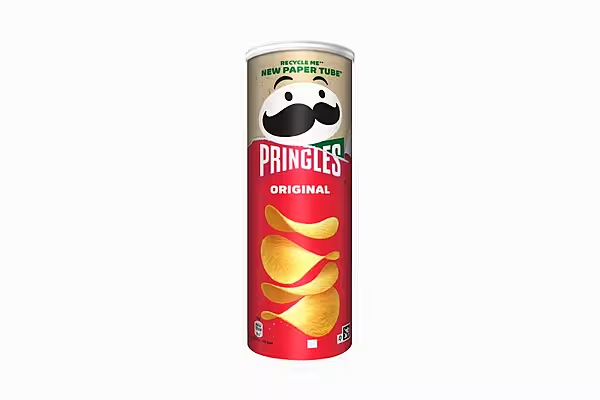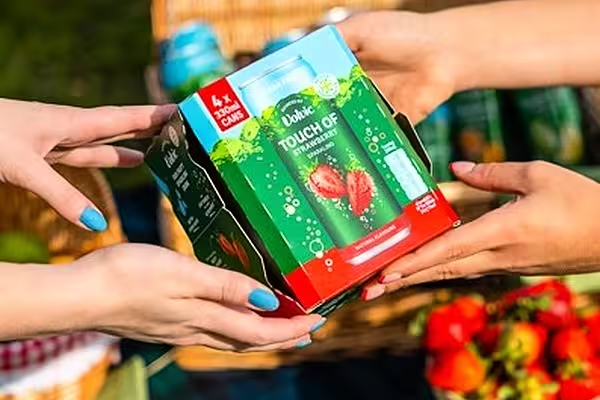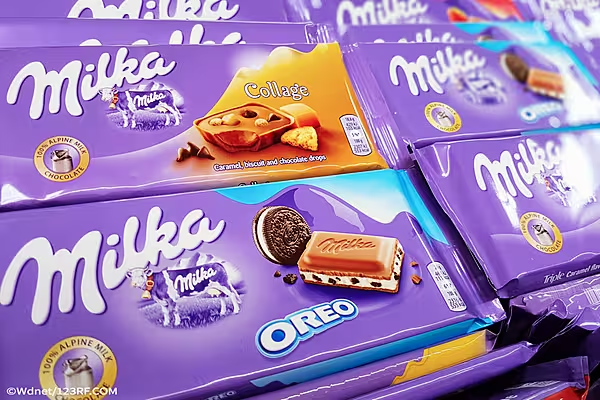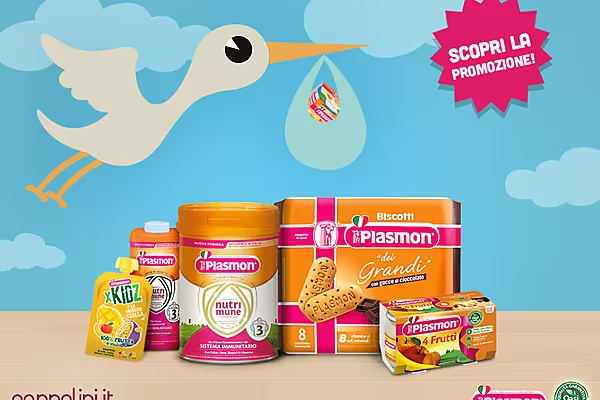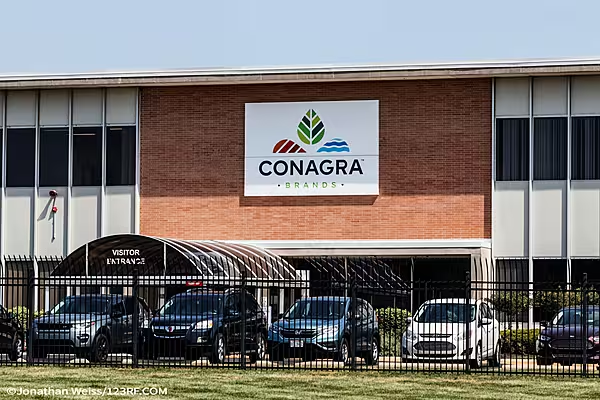Pringles has launched a more eco-friendly tube in Ireland to ensure snackers can easily recycle their packaging at home.
Now available nationwide, the paper-based tubes will replace the iconic Pringles can which first launched in the 1960s with a steel base.
The more widely recyclable Pringles tube is 90% paper and has a paper base and a plastic lid, and so it is perfect for at-home recycling.
Pringles’ packaging experts have rigorously tested the paper-based tube to ensure it protects the saddle-shaped crisps as well as keeping them fresh for up to 15 months, just like the original can.
The new tube was first introduced nationwide in August, and the change has involved an investment of €100 million in new technology following the testing of a steel can in Italy in 2019 and a paper tube in the UK in 2020.
'Significant Investment'
Speaking about the new development, the senior brand activation manager at Pringles Ireland Ann Rose Eng said, “We know people want to reduce their impact to the planet and it’s our responsibility to improve the recyclability of our packaging.
“We’ve worked hard to develop and test a more recyclable Pringles paper-based tube and we made significant investment in new technology to enable our factories to produce it.
“Not only is it widely recyclable but it keeps the chips fresh and tasty and protects them from breaking which helps to reduce food waste.”
Seán Cairns, the president of Global Rigid Paper and Closures (RPC) at Sonoco, who worked with Pringles technical teams to develop the new ‘designed for recycling’ tubes notes that customers are more aware than ever of how their purchasing behaviours impact the environment.
“With this in mind,” Cairns said, “it’s important for businesses to stay ahead of the curve by exploring new packaging technologies and materials.”
Highlighting the importance of partnership in packaging design, he added, “It was a pleasure working with Pringles and we look forward to seeing how the new paper-based tube is received by the market.
“We hope the success of this project inspires other companies and brands to convert to more sustainable packaging.”
Read More: Repak Calls For National Effort To Close Knowledge Gap With Audit Findings
